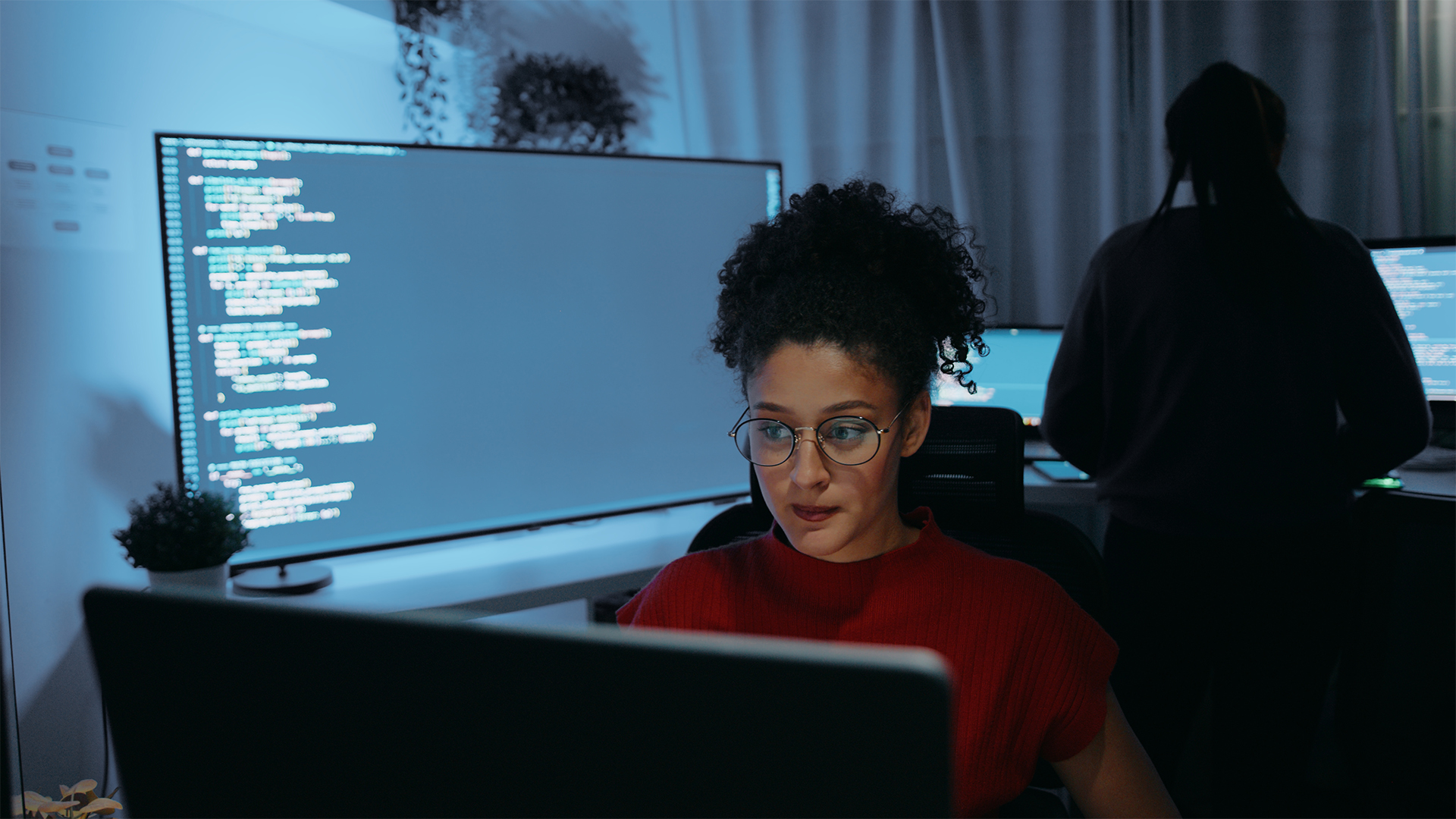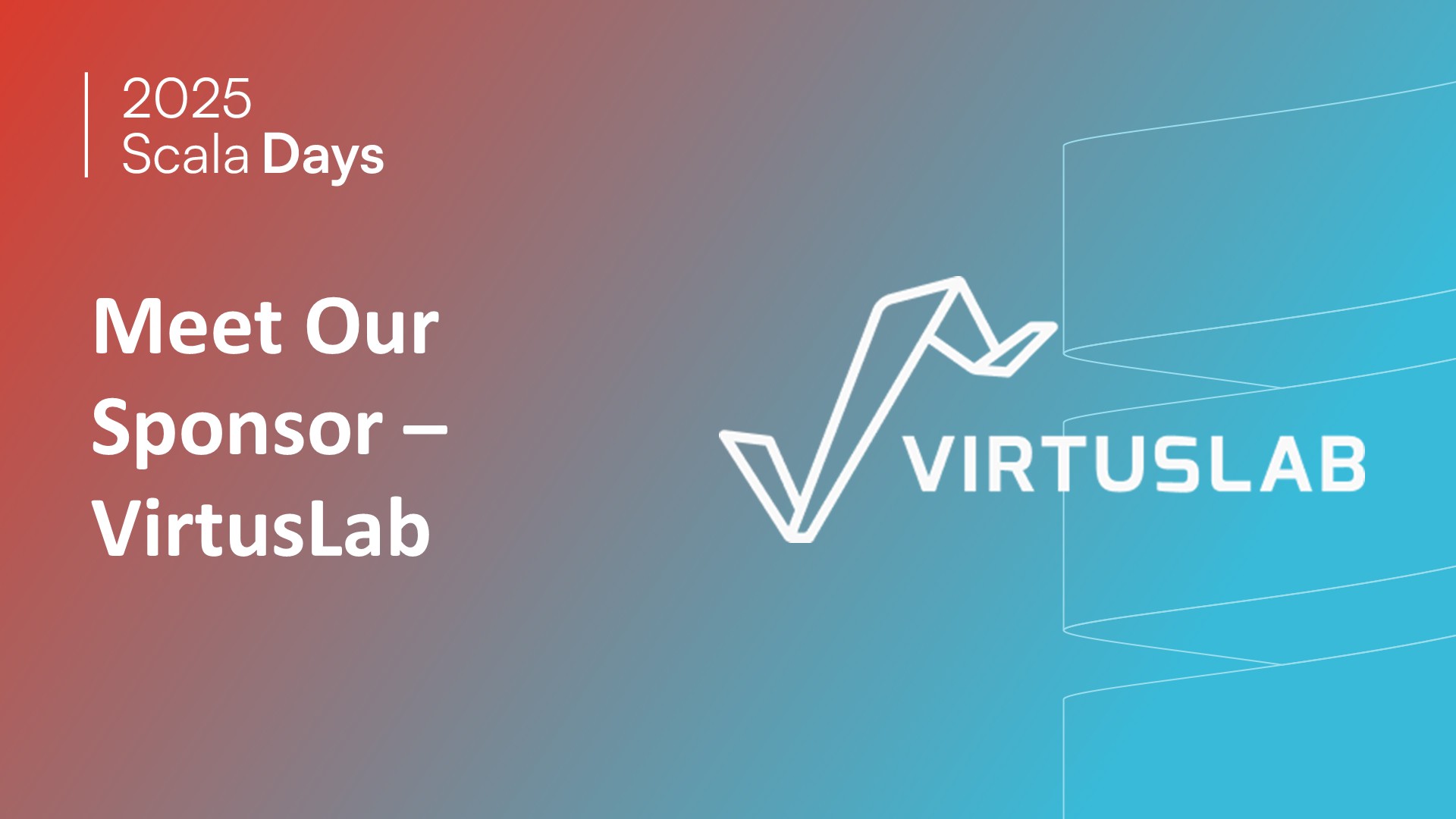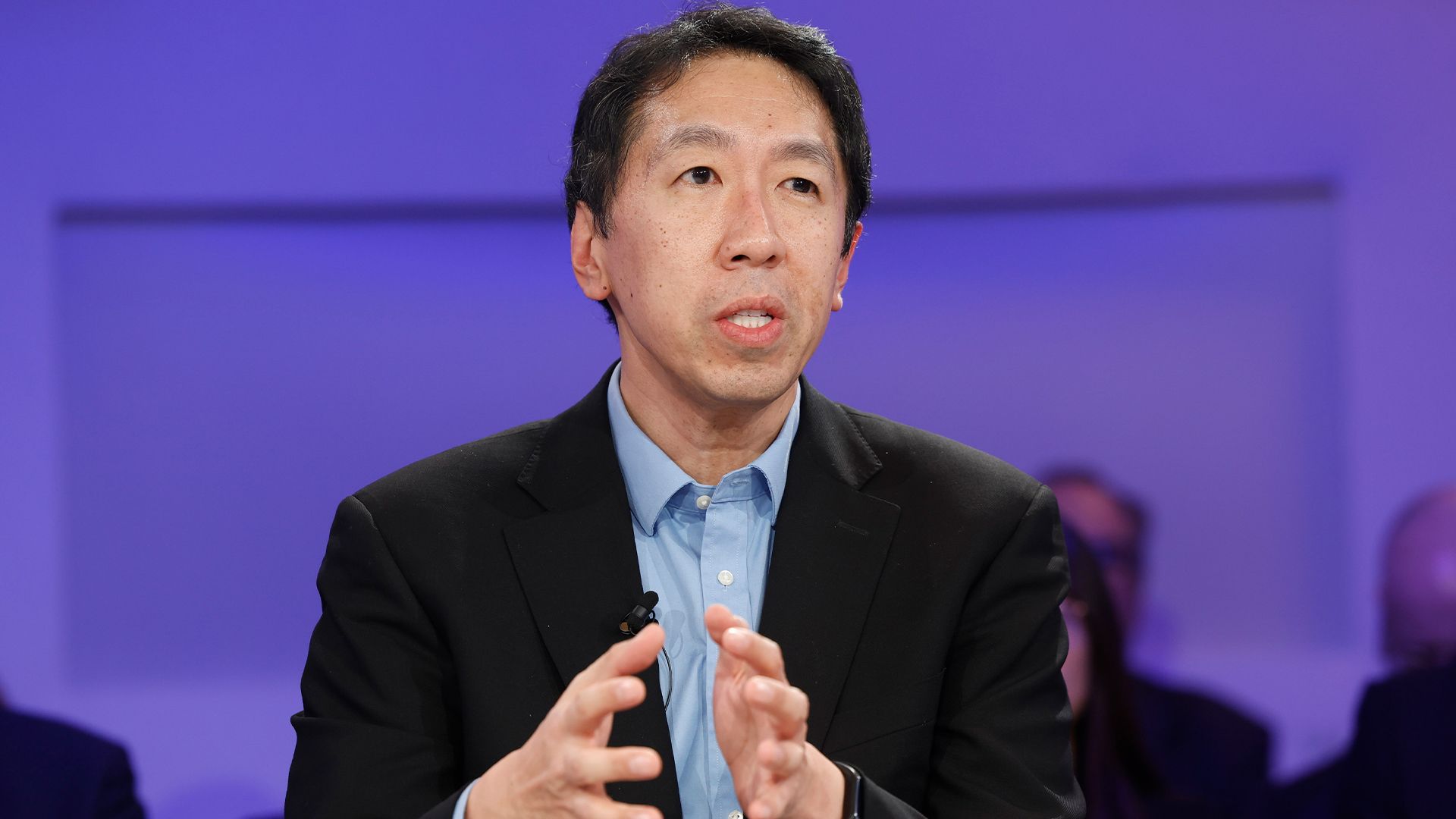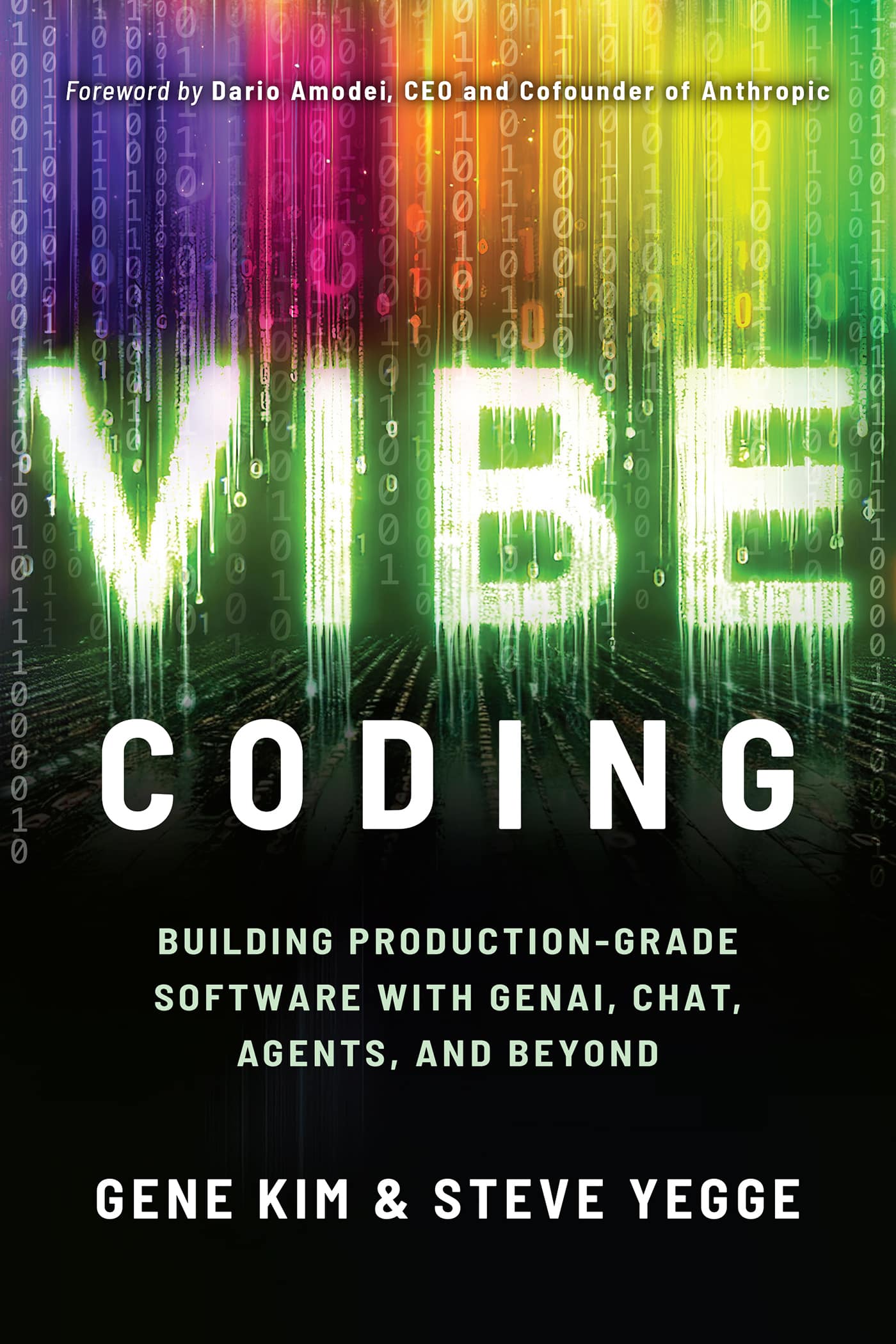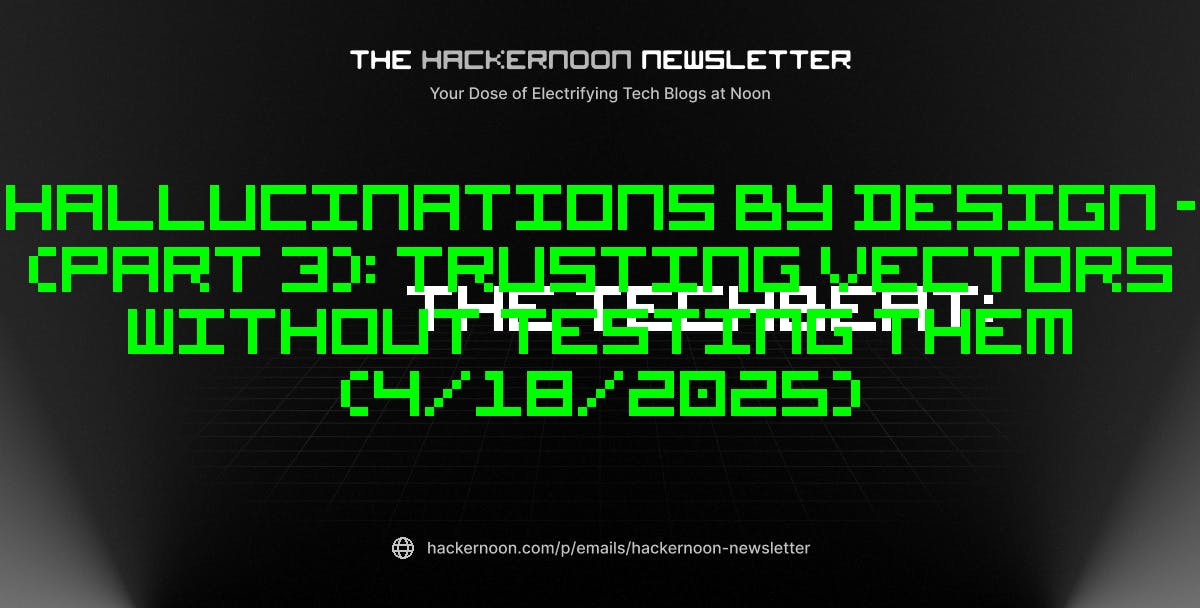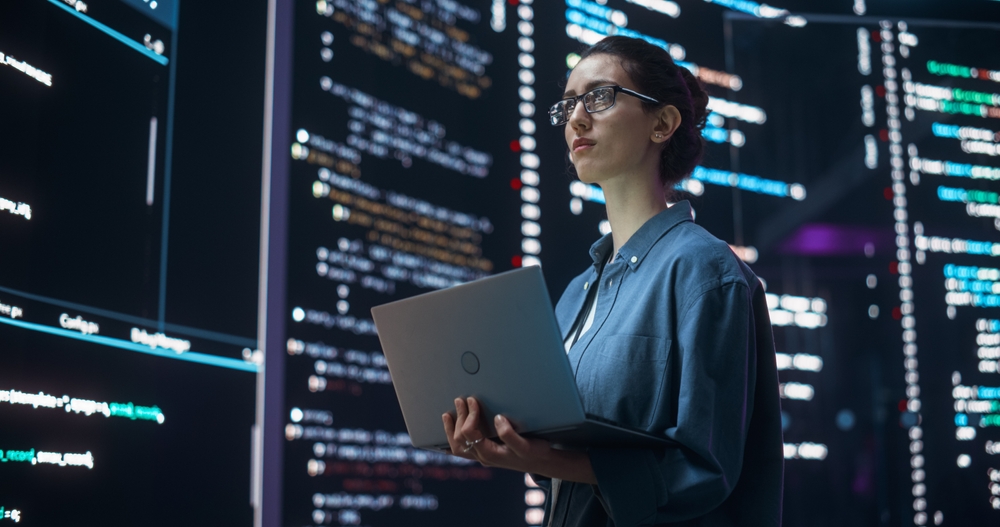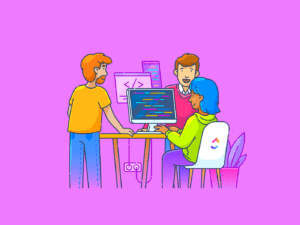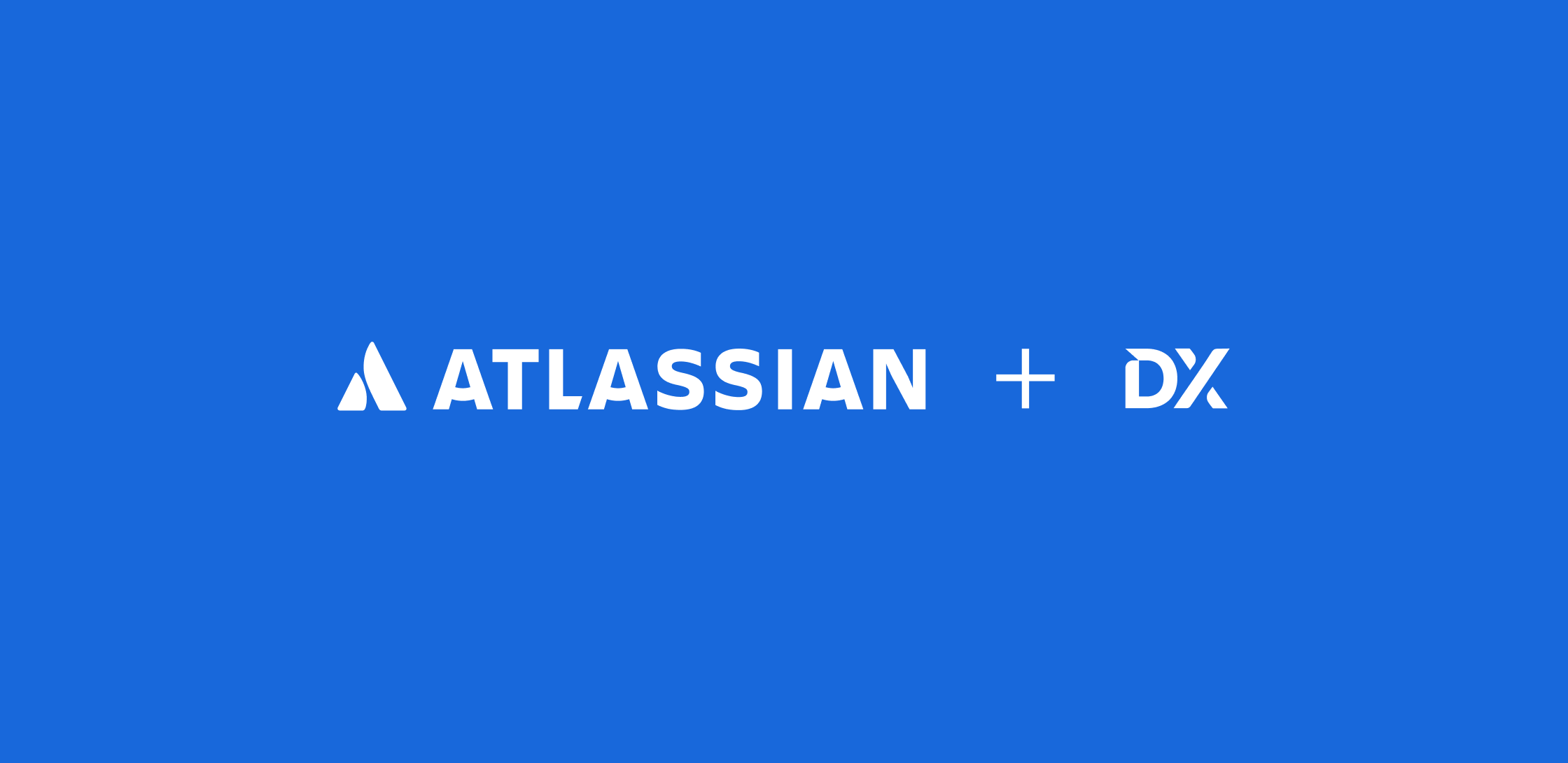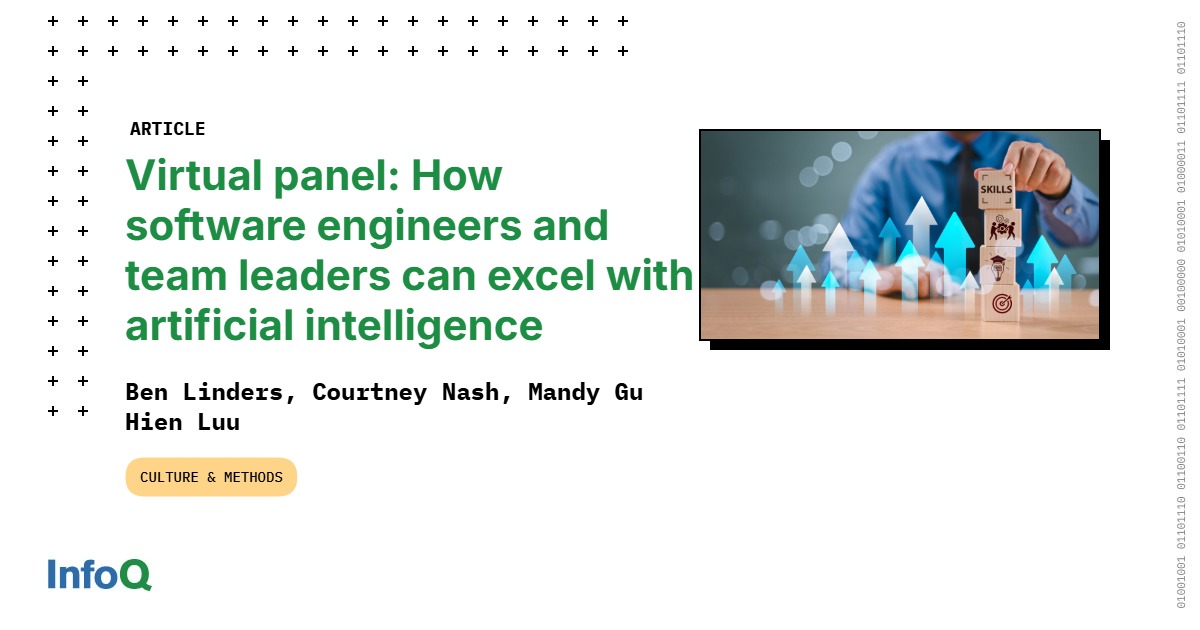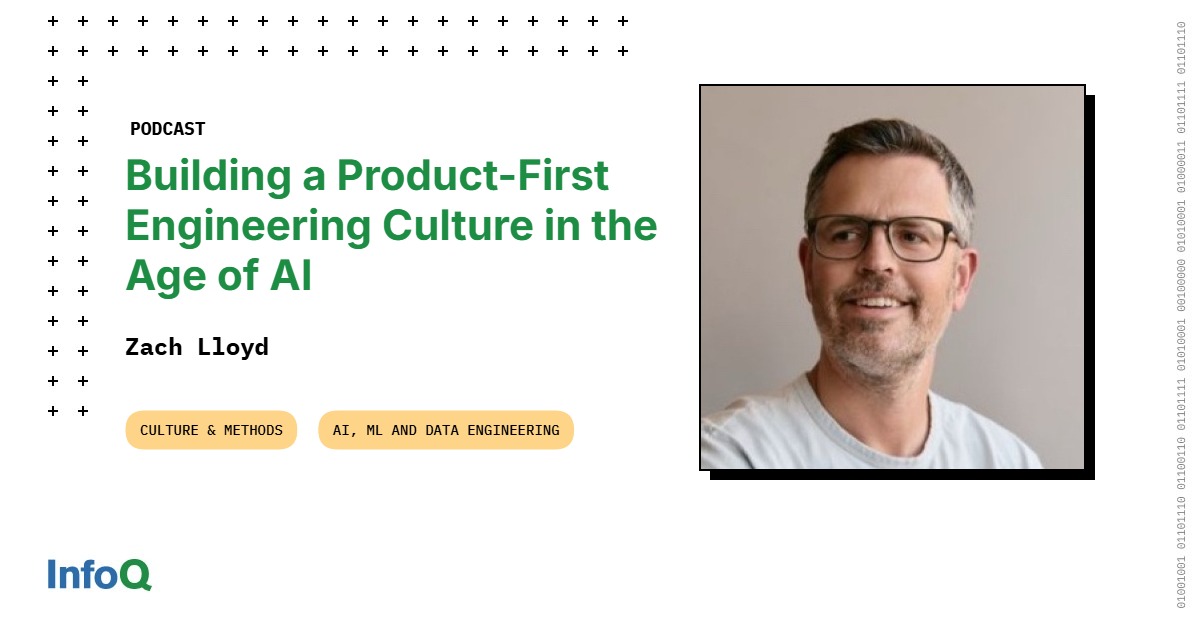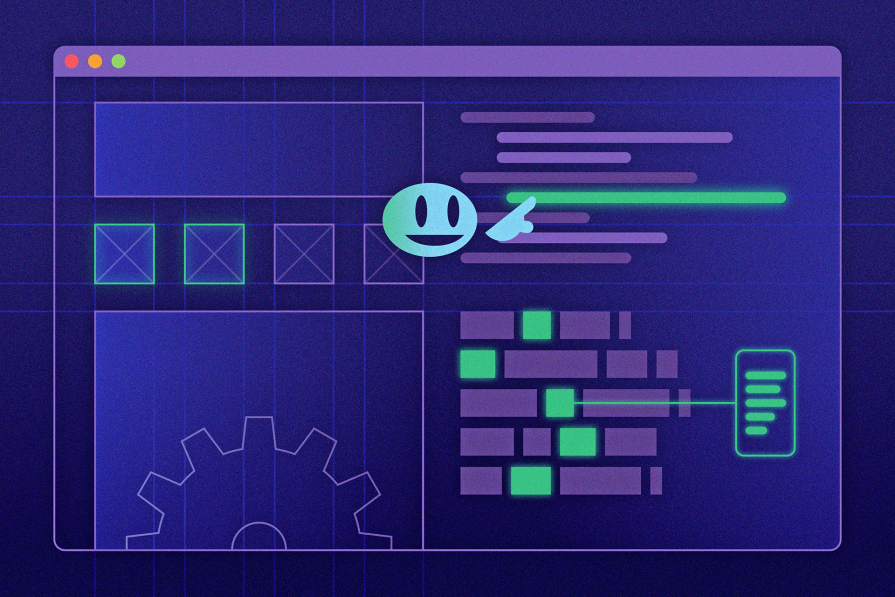#developer-productivity
#developer-productivity
[ follow ]
Artificial intelligence
fromBusiness Insider
1 week agoThe OpenAI Alum who coined 'vibe coding' now says he's never felt more behind as a programmer
A leading AI engineer feels behind adopting AI-driven programming tools and believes properly combining them could boost coding productivity roughly tenfold.
fromLogRocket Blog
1 week agoThe 8 trends that will define web development in 2026 - LogRocket Blog
This rapid change is largely due to the efficacy of AI tools and how they've tripled productivity. Just a few years ago, we were debating whether tools like GitHub Copilot were even reliable enough for basic autocomplete. Fast forward to today, and AI isn't just generating components; it's scaffolding entire full-stack applications, leading many to wonder if it might truly "take our jobs" in the future.
Artificial intelligence
fromHey
1 week agoBack to the starting line
Programming with AI is still in its infancy, and yet it has already redefined what programming will be about in the immediate future. As a programmer, you are going to interact with a frigging robot that writes code on your behalf. What was science fiction yesterday is now a new reality, and it raises many questions. I won't pretend to have any answers here, just assorted thoughts.
Artificial intelligence
Software development
fromInfoQ
2 weeks agoEffective Mentorship and Remote Team Culture with Gilad Shoham
Effective mentoring combines listening, coaching, psychological insight, and practical guidance; developers benefit from community engagement, IoT curiosity, and applying AI to improve velocity and quality.
fromWhitepaper Repository -
1 month agoSpotlight: Making the most of multicloud - Whitepaper Repository -
For IT leaders navigating multicloud environments, success depends on strategic alignment across business units, robust governance frameworks, and proactive security postures. While multicloud offers agility and vendor flexibility, it also introduces challenges in visibility, compliance, and developer productivity. In this special report, you'll learn how to take advantage of the benefits of using multiple clouds, avoid common pitfalls, and ensure that multicloud is worth the investment.
Tech industry
fromNew Relic
2 months agoAnnouncing more GitHub Copilot + New Relic AI integrations to boost developer productivity and experience
The core challenges impacting developer productivity and experience are clear. In the 2025 Stack Overflow Developer Survey, nearly half (45%) of developers spend more time debugging AI-generated code than writing it. This, coupled with constant context-switching and manual troubleshooting, leads to significant time loss. New Relic's unified Intelligent Observability Platform addresses these issues by integrating disparate systems and performance data, providing crucial context, and driving actionable insights.
Software development
DevOps
fromIT Pro
2 months agoClunky tech is costing developers 20 working days a year - these are the leading 'productivity drains' impacting teams
US developers lose nearly 20 work days annually to bugs, outages, tool failures, and unofficial IT support, costing about $8,000 in productivity per developer.
Software development
fromAmazon Web Services
3 months agoMulti-Cloud Code Deployments using Amazon Q Developer with Echo3D | Amazon Web Services
echo3D provides a scalable 3D digital asset management platform focused on multi-cloud deployments and uses Amazon Q Developer to accelerate AWS migrations, builds, and debugging.
fromTechCrunch
3 months agoCodeRabbit raises $60M, valuing the 2-year-old AI code review startup at $550M | TechCrunch
Gill's prediction has come true: developers are now regularly using AI coding assistants to generate code, but the output is often buggy, forcing engineers to spend a lot of time on corrections. CodeRabbit can help catch some of the errors. The business has been growing 20% a month and is now making more than $15 million in annual recurring revenue (ARR), according to Gill.
Artificial intelligence
fromTechCrunch
3 months agoVibe coding has turned senior devs into 'AI babysitters,' but they say it's worth it | TechCrunch
She called vibe coding a beautiful, endless cocktail napkin on which one can perpetually sketch ideas. But dealing with AI-generated code that one hopes to use in production can be "worse than babysitting," she said, as these AI models can mess up work in ways that are hard to predict. She had turned to AI coding in a need for speed with her startup, as is the promise of AI tools.
Software development
fromWIRED
4 months agoInside the Man vs. Machine Hackathon
Just over a hundred visitors had crowded into an office building in the Duboce Triangle neighborhood for a showdown that would pit teams armed with AI coding tools against those made up of only humans (all were asked to ditch their shoes at the door). The hackathon was dubbed "Man vs. Machine," and its goal was to test whether AI really does help people code faster-and better.
Artificial intelligence
Artificial intelligence
fromRealpython
4 months agoEpisode #264: Large Language Models on the Edge of the Scaling Laws - The Real Python Podcast
LLM scaling is reaching diminishing returns; benchmarks are often flawed, and developer productivity gains from these models remain modest amid economic hiring shifts.
fromInfoQ
4 months agoGitLab Unveils Duo Agent Platform in Public Beta, Introducing Agent-Orchestrated DevSecOps
GitLab has launched the public beta of its GitLab Duo Agent Platform, an orchestration tool that enables developers to collaborate asynchronously with AI agents across the DevSecOps lifecycle. The platform, now available to GitLab.com Premium and Ultimate customers as well as self-managed installations, transforms traditional, linear development workflows into dynamic, multi-agent systems where AI handles routine tasks such as refactoring, security scanning, and research, while developers focus on complex problem-solving.
Software development
Artificial intelligence
fromFortune
4 months agoHow Cisco Systems' CIO is rethinking work in an AI-powered world for the company's 10,000 IT employees
Generative AI adoption at Cisco is reshaping IT workflows, boosting developer productivity and prompting role, training, and tool-access changes across the workforce.
Artificial intelligence
fromDevOps.com
4 months agoEnterprise AI Development Gets a Major Upgrade: Claude Code Now Bundled with Team and Enterprise Plans - DevOps.com
Claude Code is integrated into Anthropic Team and Enterprise plans, enabling secure, governed AI coding at scale without sacrificing productivity.
fromTreehouse Blog
4 months agoWill AI Take My Job as a Developer? Here's What You Need to Know
The short answer: AI isn't replacing developers-it's changing what developers do. While AI is undoubtedly transforming the programming landscape, we're witnessing an evolution in how software is built, with AI serving as a powerful collaborator rather than a replacement. Understanding this shift is crucial for anyone concerned about the future of programming jobs. The Current State of AI in Development Today's AI coding tools are impressively capable.
Artificial intelligence
Artificial intelligence
fromIT Pro
6 months agoAI-generated code is in vogue: Developers are now packing codebases with automated code - but they're overlooking security and leaving enterprises open to huge risks
The rise of AI in development is leading to codebases that are predominantly AI-generated.
Artificial intelligence
fromClickUp
7 months agoHow to Use Cursor AI for Faster, Smarter Coding | ClickUp
Cursor AI dramatically enhances code writing and debugging efficiency through intelligent suggestions and context-aware assistance.
By integrating Cursor AI with ClickUp, developers can significantly streamline their project management processes.
fromInfoQ
8 months ago.NET 10 Preview 3: C# 14 Extension Members, ASP.NET Core State Persistence and Other Improvements
The third preview release of .NET 10 introduces significant enhancements across various components, aiming to boost developer productivity and streamline application performance.
Mobile UX
Artificial intelligence
fromDeveloper Tech News
8 months agoJetBrains debuts free AI tier and Junie coding agent in IDEs
JetBrains integrates AI tools into a single subscription model, including a free tier providing essential coding functionalities.
AI is transforming the developer role by automating basic tasks and allowing for greater creativity.
[ Load more ]










